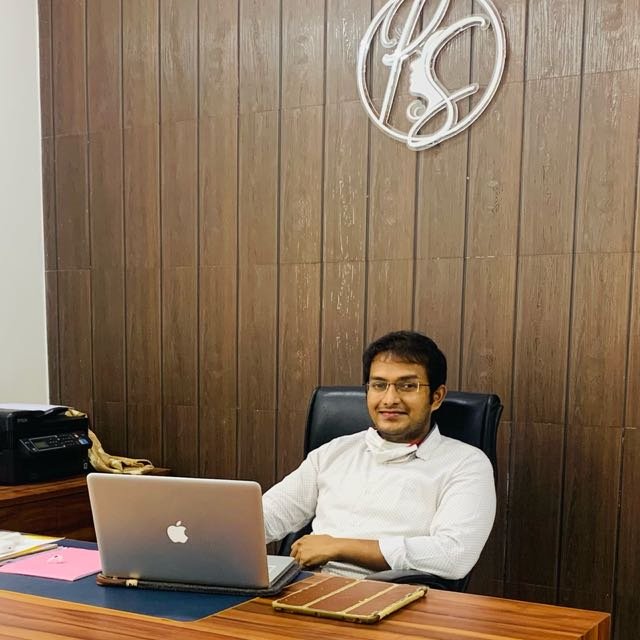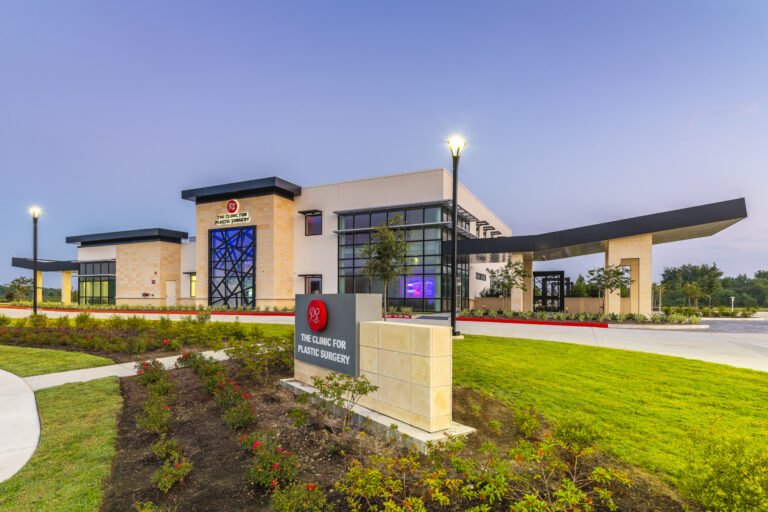Undergoing chin implant surgery in Korea is a popular choice for patients seeking facial balance and enhanced definition. Known for precise, natural-looking results, Korean facial surgeons prioritize not only surgical excellence but also post-operative care, including dietary guidance.
Eating the right foods—and avoiding the wrong ones—is crucial in the early recovery period to reduce swelling, prevent infection, and promote healing. In this post, we’ll share exactly what Korean surgeons recommend avoiding after chin implant surgery, and why your diet matters during recovery.
🧑⚕️ Why Diet Matters After Chin Implant Surgery
Chin implant surgery involves placing a solid silicone or porous implant through a small incision inside the mouth (intraoral) or under the chin (external). Regardless of the technique, the chin and lower jaw are delicate areas that experience swelling, pressure, and sensitivity during recovery.
Eating inappropriate foods can:
- Irritate the surgical site
- Delay healing
- Cause infection (especially with intraoral incisions)
- Increase swelling or bruising
- Dislodge stitches or shift the implant in rare cases
❌ Top Foods to Avoid After Chin Implant Surgery
Here’s what Korean surgeons commonly tell patients to avoid for 1–2 weeks after surgery—some even longer depending on your recovery progress:
1. Hard or Crunchy Foods
Examples: nuts, chips, toast, fried chicken skin, granola
- Can cause jaw strain and pressure around the implant
- Sharp pieces may irritate the inner mouth incision or stitches
- May require too much chewing
📝 Korean Surgeon’s Advice:
“Your jaw should stay relaxed to reduce swelling. Avoid any food that makes you chew hard or wide.” – Dr. Min-Jae Yoo, Seoul Facial Implant Specialist
2. Spicy Foods
Examples: kimchi, gochujang-based dishes, chili oil, tteokbokki
- May irritate oral incisions, especially if placed inside the mouth
- Can increase inflammation and blood circulation, leading to more swelling
📝 Tip: If you love spicy food, wait until 2–3 weeks post-op or until your doctor clears you.
3. Sticky or Chewy Foods
Examples: rice cakes (tteok), mochi, caramel, gum, chewy meats
- Can put unnecessary tension on jaw muscles
- May pull at healing incisions
- Risk of food getting stuck near the sutures
📝 Korean Surgeon’s Advice:
“Avoid Korean rice cakes or anything that sticks to your teeth. Chewy foods can strain the chin and increase swelling.” – Dr. Hyun-Seok Lee, Plastic Surgery Clinic, Gangnam
4. Hot Temperature Foods and Drinks
Examples: boiling soups, tea, jjigae, hot coffee
- Heat may widen blood vessels, leading to increased swelling or bruising
- Steam can irritate intraoral stitches
📝 Best Practice: Let food and drinks cool to warm or room temperature before consuming.
5. Alcohol and Caffeine
Examples: soju, beer, coffee, energy drinks
- Alcohol thins the blood and increases the risk of bleeding or bruising
- Caffeine can cause dehydration, which slows healing
- Both can interfere with medications and painkillers
📝 Korean Surgeon’s Advice:
“No alcohol for at least 7–10 days. It disrupts blood flow and interferes with antibiotics.” – Dr. Ji-Won Kim, Aesthetic Facial Surgeon, Seoul
6. Acidic or Citrus Foods
Examples: oranges, lemons, vinegar-based pickles, sodas
- Highly acidic items can sting oral incisions
- May delay wound healing inside the mouth
📝 Pro tip: Swap citrus fruits for soft fruits like bananas or steamed apples during early recovery.
7. Foods with Small Particles or Seeds
Examples: sesame seeds, popcorn, multigrain bread, strawberries
- Particles can get lodged in stitches or incisions
- Difficult to clean out of the mouth while healing
📝 Korean Surgeon’s Advice:
“Tiny food bits can hide near surgical areas and cause infection, especially with oral entry points.” – Dr. Hye-Rim Song, Cosmetic Surgery Consultant
✅ What to Eat Instead: Surgeon-Approved Recovery Foods
Here’s what many Korean clinics recommend for the first 7–10 days after chin implant surgery:
| Food Type | Examples |
|---|---|
| Soft carbs | Porridge (juk), mashed potatoes, soft rice |
| Cooked fruits | Steamed apples, banana puree |
| Blended soups | Pumpkin soup, tofu stew (lukewarm only) |
| Protein | Soft tofu, steamed egg, yogurt, fish cakes |
| Fluids | Water, barley tea, non-acidic juice |
📝 Tip: Eating through a straw may be recommended in the first few days—ask your surgeon.
📅 How Long Should You Follow These Restrictions?
| Post-Op Period | Diet Recommendation |
|---|---|
| Days 1–3 | Liquid and very soft foods only |
| Days 4–10 | Gradually reintroduce semi-solid, non-irritating foods |
| Week 2–3 | Slowly resume normal eating, still avoiding hard or spicy items |
| After 3 weeks | Most patients return to a full diet with surgeon approval |
Planning Your Chin Implant in Korea?
Korean clinics are known for:
- Precise facial contouring techniques
- Multilingual care teams
- Aftercare instructions tailored to international patients
By following dietary advice closely, you’ll reduce complications and enhance the results of your chin surgery. Always consult your specific clinic or surgeon for personalized guidelines, especially if you’ve had a combination procedure like jawline lipo or genioplasty.



